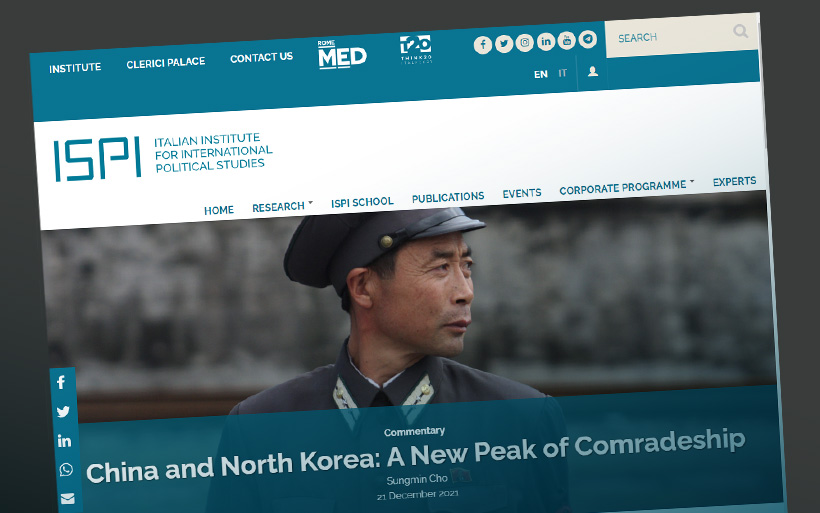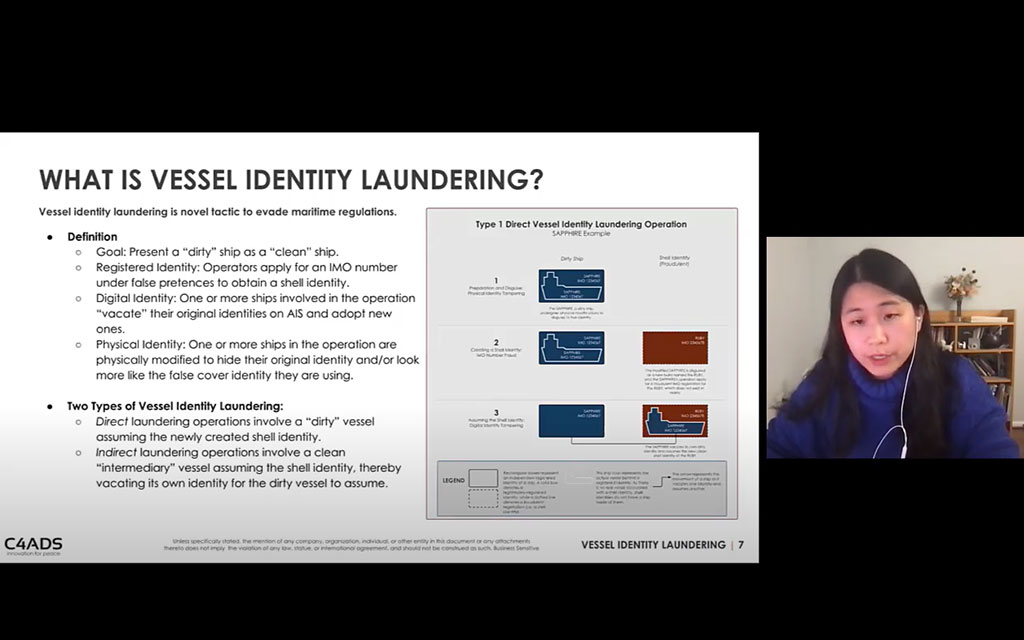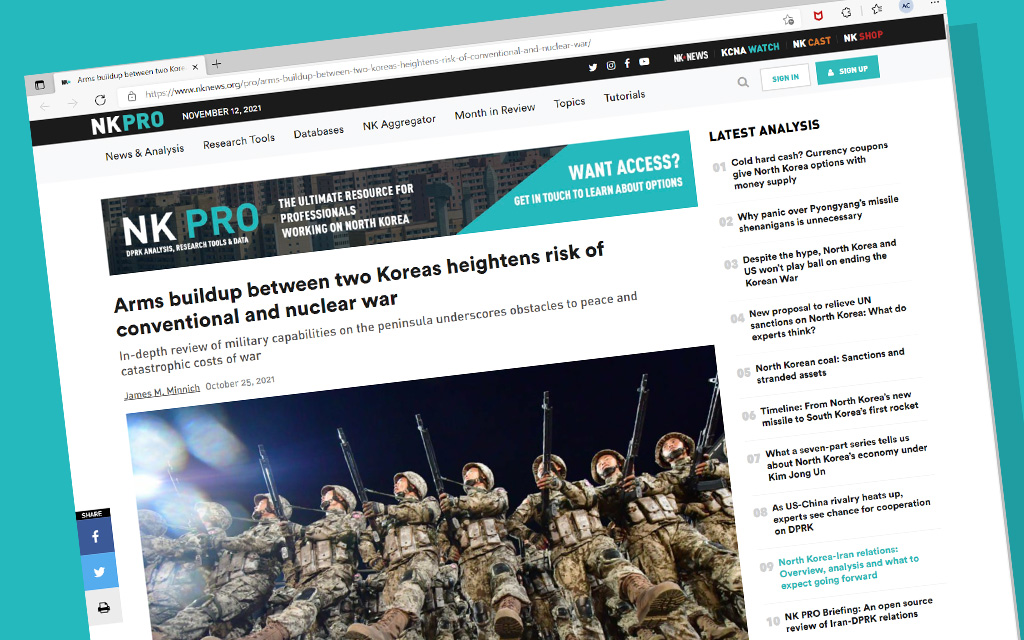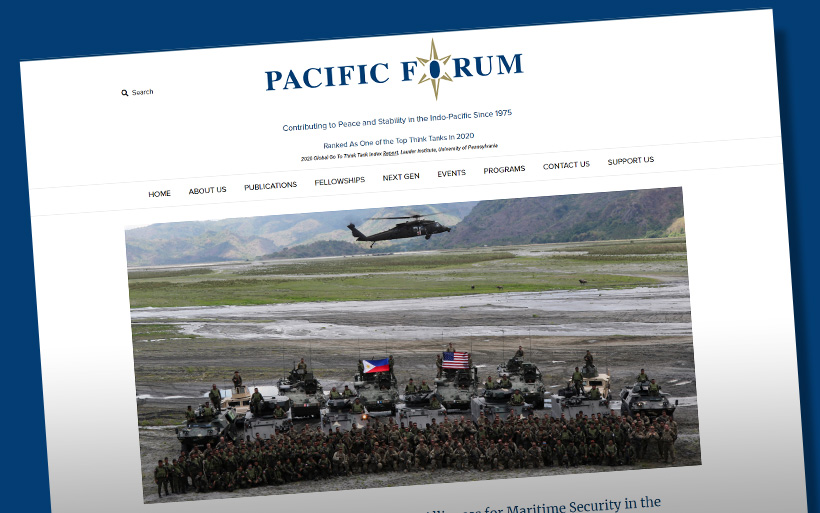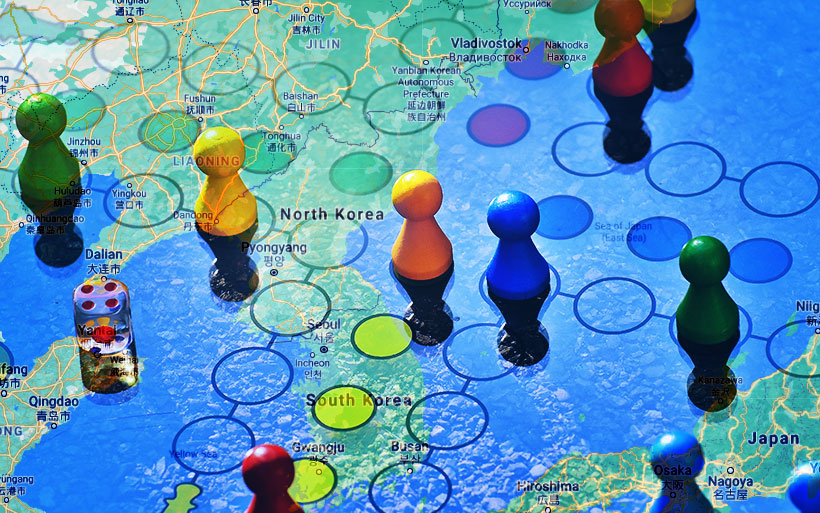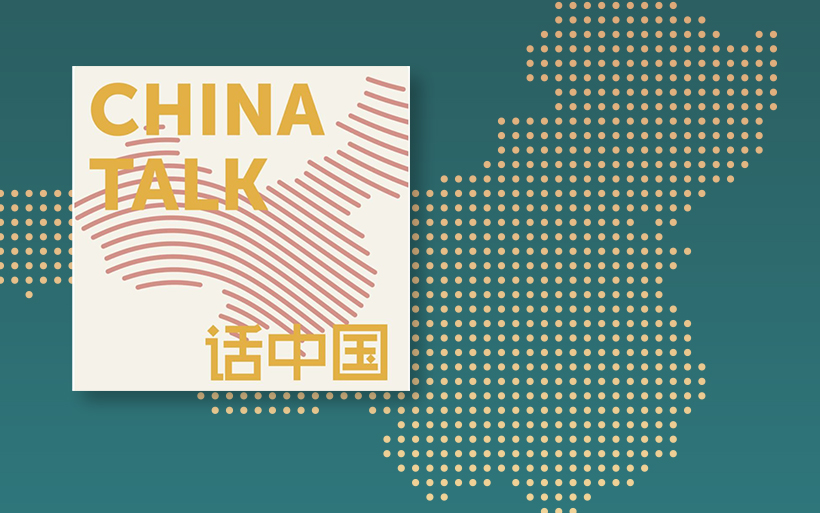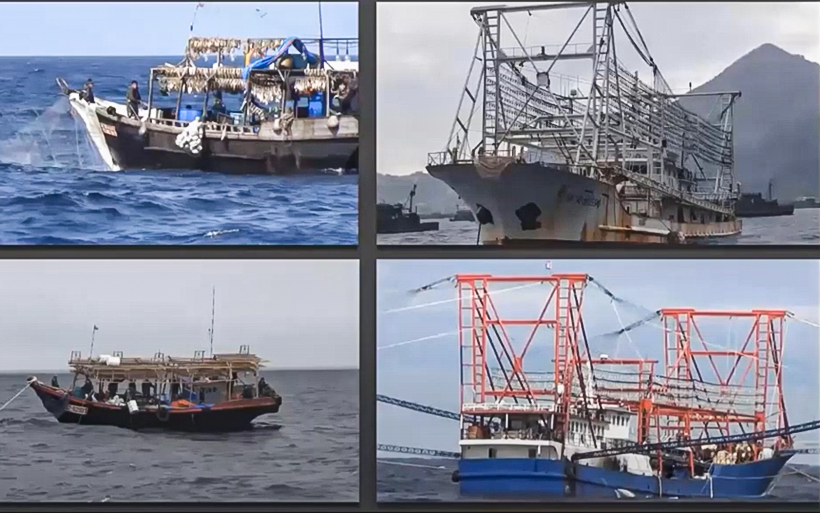North Korea Is Becoming an Asset for China
“North Korea Is Becoming an Asset for China” is a new article by Dr. Sungmin Cho for Foreign Affairs magazine. Co-authored with Oriana Skylar Mastro, the article discusses the latest round of missile testing by North Korea and its [...]



